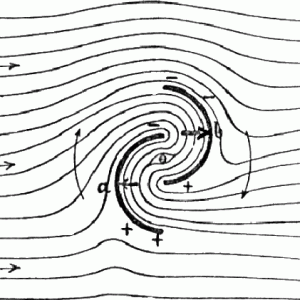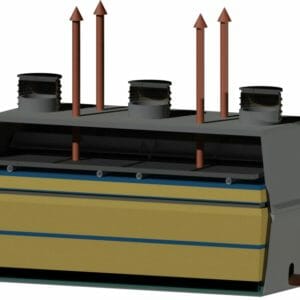E – 1785 Basic Electrical Engineering for HVAC Engineers
$100.00
Courses Included
A heating, ventilation, and air conditioning, or HVAC engineer designs heating and cooling systems for homes and commercial buildings. He uses knowledge of refrigeration and mechanical engineering to create blueprints for HVAC installers and develops systems that keep building occupants comfortable in all types of climates and seasons. He also makes sure to create a system that maximizes energy efficiency while also meeting the economical paybacks.
As a HVAC engineer, you will be faced with numerous design challenges pertaining to the electrical equipment, configurations, specifications, energy efficiency and controls. With more and more buildings getting equipped to sophisticated controls, the lines between electrical and mechanical engineering is becoming blurred, with each having to know more about the other’s disciplines.
This 4- hour’s course provides basic introduction to electrical engineering that will help HVAC engineers to communicate more effectively with specialists such as electrical designers, consultants and contractors. It will enable the non-electrically minded to comprehend the discussions and requirements surrounding the subject.
The course begins with a discussion of general electricity and electrical circuits, and then moves quickly to electrical distribution concepts, wiring diagrams, motor controls and circuit protection devices encountered with HVAC and refrigeration systems.






